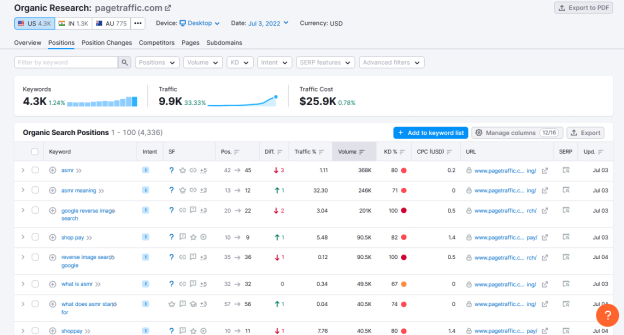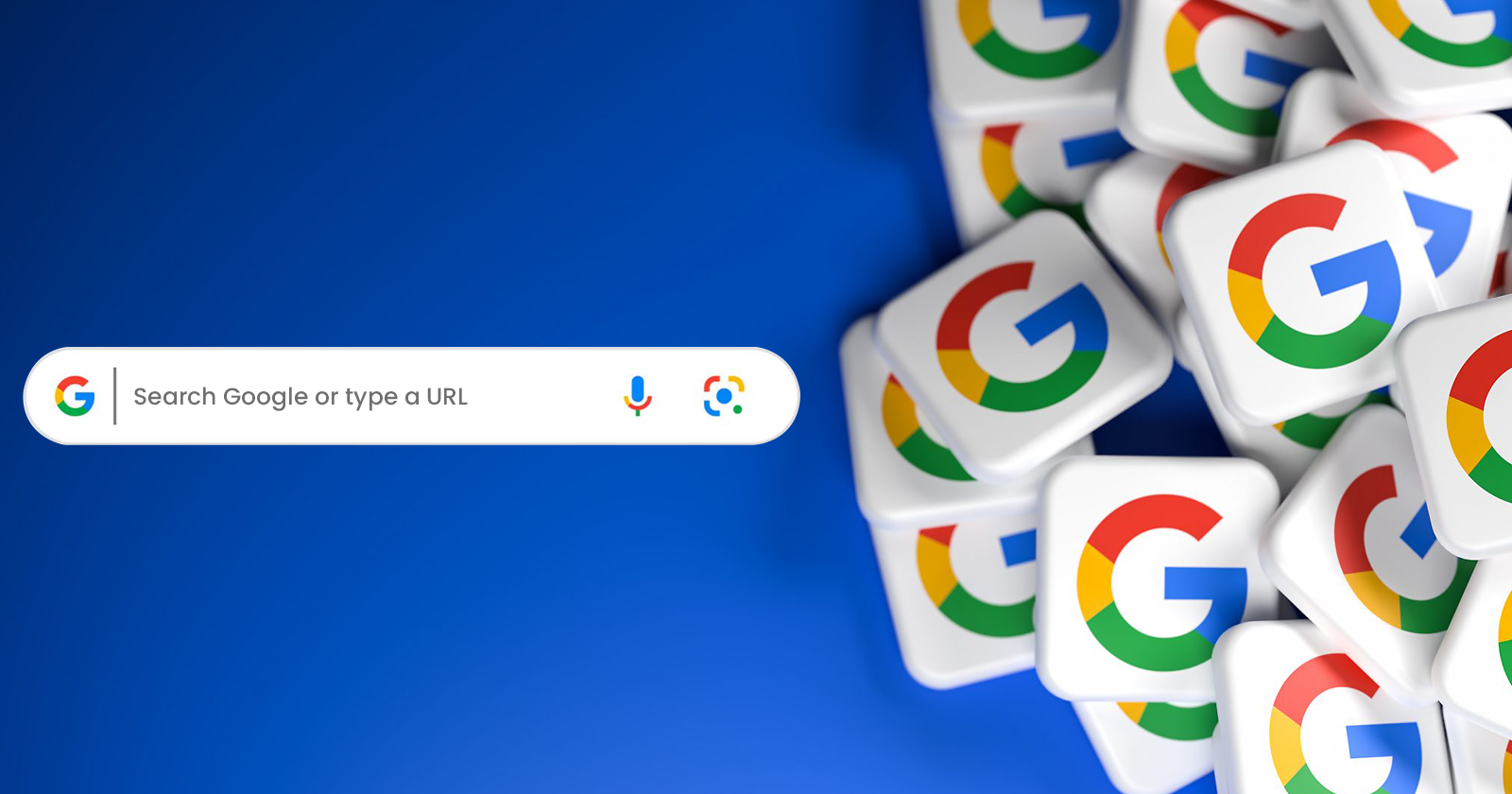With numerous businesses worldwide and an increase in competition among them, all of them focus on SEO to rank high on SERPs and build a massive online presence. As a business owner, you must invest in SEO, but are you always aware of its performance and results? Didn’t you ask yourself frequently how long does SEO take? How long do you need to wait to see the desired results?
SEO takes time to deliver long-term outcomes because of the growing number of businesses striving to fetch the topmost search engine rank. It is not as fast as other paid media solutions. But channelized SEO initiatives can provide enduring results. However, you can always hire SEO services to get the desired outcomes.
So, you should read this post to learn SEO success in detail – what it is, why it takes time, its types, factors affecting its time frame, and how things may evolve in a timeframe.
What is SEO Success?
You aim for SEO to build a prominent online presence and grow your business, but how to measure its success? It depends on KPIs and your business objectives.
Though you may aim to increase your ROI in a specific time frame, your KPIs can be driving organic website traffic, increasing your online presence, and fetching a top search engine rank.
Once you meet your targets with your SEO initiatives, you can evaluate the results to understand where you stand.
Why Does SEO Success Take Time?
How long does SEO take is a common question. Earlier, SEO was mainly about finding and adding keywords to content that drive more website traffic and build maximum backlinks. So, make sure you do proper keyword research before writing and adding relevant trending keywords to your website’s search-engine-optimized content.
But you should not ever stuff keywords and build countless backlinks as that hampers link quality and your search engine rank. SEO takes time to deliver the desired output in the dynamic world.
Nowadays, natural language search drives SEO that involves queries with more than one keyword. Earlier, many businesses implemented cheap strategies, so search engines display their websites on top of results. Due to this, search engines consistently used advanced algorithm updates to offer a fabulous UX.
Search engines display high-quality websites with relevant links on the top of SERPs and penalize the spammy webpages (as shown in the image below). Thus, SEO is not mechanical as it depends mostly on varying user searches and focuses on meeting their intent. Beware of a search engine penalty as that degrades your website ranking quickly and slowdown the growth of your business.

You always need to implement and execute advanced strategies to meet the evolving parameters and KPI and SEO goals. Otherwise, you won’t be able to get quick success in SEO.
What are the Factors Behind SEO Success?
So, you know what SEO success is and now let’s discuss factors that determine your possible success and how long will SEO take. Find them below:
Technical SEO
Any type of technical error can drive away users and search engine bots from your website. So, you should perform a comprehensive technical audit to detect and fix errors immediately.
Some of the crucial technical SEO elements are as follows:
- Duplicate content
- Page Speed
- Structured data
- Hreflang
- XML sitemaps
- Canonicalization
Content
“Content is King” and one of the vital search engine ranking factors. Google focuses on returning the finest search results for a specific user query over other things. Thus, you should create enriching content suited to user intent that returns search queries. If your website has poor-quality content, you need to wait a long time to get desired SEO outcomes. You may not even see a bit of improvement in weeks, months, and even a year! Thus, you should create enriching content suited to user intent that returns search queries.
Read all the relevant content that is performing well in the search results. Find out why they are performing well and create their better versions. When posting content on your website, make sure you follow a consistent schedule as that signals to Google that you add content to your website frequently. Moreover, it intrigues more visitors to repeatedly get back to your website repeatedly, which reflects that you offer an excellent UX.
Backlinks
Creating backlinks means improving the credibility of your websites as the links tell Google if your site is a trusted source of information. When it comes to backlinks, link quality matters the most.
Nowadays, spammy link-building tactics don’t deliver the desired output. With a few high-quality backlinks from leading websites, you can significantly boost your SEO. To have a robust website, you should acquire links consistently. Though, the backlinking speed gets stable if you follow Google guidelines. With a few high-quality backlinks from leading websites, you can significantly boost your SEO.
What are the Factors That Determine SEO Success Time Frame
It takes time for SEO to deliver the desired results, and the time depends on the factors below:
Content
Proper content development is crucial for SEO success. Your website content and accessibility influence SEO as they affect UX. When visitors like your website content, they repeatedly visit your website, which helps it get a higher score.
Domain
A domain name is easy to remember; it can drive more website traffic. Users tend to visit a website they remember which boosts your score. Moreover, they trust a website with an exact name. You should always choose a short, easy-to-remember domain name to enhance brand recognition. If you get into the minds of target customers, you can go a long way!
A long domain name deters website visitors as they can’t remember it.
Website Story
The website story affects the period to get the desired SEO results. A new website takes more time than an old website as the existing one tends to have domain authority and some backlinks. In contrast, you need to do everything from scratch when building a new website which essentially boosts your SEO.
A well-established website may not always be ahead in terms of SEO as success also depends on other factors such as search engine penalty and algorithm.
Location
Your website location affects your SEO success depending on the country’s language from where your website originates. Consider the language your website uses depending on your business location and purposes.
If you have a multinational company, your website should be in multiple languages to attract more visitors and rank high on the SERPs. A website that targets an audience in only one country may not require various languages.
Industry Competition
When optimizing your website for search engines, you should consider your industry’s current level of competition. If the competition is exceptionally high, your website takes longer to fetch the topmost search engine rank.
Thus, estimate the level of competition in your industry before working on improving the SEO of your website. Make sure you put in the required SEO efforts and implement strategies that take you ahead of your competitors.
Keyword Targeting
Users’ online searches depend mainly on keywords. Thus, you need to identify and use the keywords only with high search volumes, popularity, length, and user intent. If you do poor-quality keyword targeting, your efforts waste and degrade your SEO performance.

To perform keyword research, use practical keyword research tools such as SEMRush and AHREFs. Make sure you add keywords that are relevant to your content. Never stuff keywords, as that lowers down your search engine rank.
Website Design and URL Framework
The SEO success time frame depends on your website design and URL framework. Let’s say when users can’t navigate smoothly between your different landing pages, they can see a 404 error on their screen due to a broken link; they will leave your website immediately. Google doesn’t value a website that is not user-friendly and fails to deliver a positive UX.
You should improve your website’s design and URL framework if you want to make it big on SEO. Perform a mobile-friendly test to ensure you don’t miss any visitor who accesses your website from a mobile browser.
Budget
Budget is a crucial determinant for SEO’s time to deliver the desired results. When implementing an SEO strategy for your website, you should consider the set budget to take steps accordingly.
Your reasonable budget can be one of the critical determinants for your SEO success.
Also, Read
- SEO Audit Pricing: How Much Does an SEO Audit Cost in 2024?
- Type of SEO – 7 Different Type of SEO and Their implementations
- What Is On-Page SEO? And How to Do Onpage SEO
How Long Does SEO Take to Show Results?
SEO time frame depends on various factors as multiple websites never start from the same point even if they are from the same industry and deal with similar competition. If we implement the most effective SEO strategies, you need to wait six months to 1 year to get success which also helps in growing your business.
Find out below how your SEO route tends to look and delivers outcomes as months pass by:
1st Month
The first month needs to focus on thorough research, discovery, website technical audit, keyword planning, and strategizing. You may need a whole month sometimes for research and discovery. Once you finish both these tasks quickly, you can proceed with a website audit and keyword planning.
2nd Month
After the technical audit, you can make changes depending on the audit output. Even after doing the required SEO modifications, you may not get the desired results as the impact occurs once the overhaul completes. In the meantime, you can build links and enrich website content.
3rd Month
Focus on developing good content such as blogs, whitepapers, and FAQs. You can see an improvement in your website search engine rank by the third month ends. The technical overhaul needs to have been finished by now. Combining this technical thing with content development allows you to see your SEO initiatives delivering the desired results.
Besides improving your search engine rank, it’s a perk if your leads convert into sales.
4th Month
You can build a rich link profile, create more content and optimize the technical aspects of your website. In the 4th month, you can see a significant increase in traffic, improvement in search engine ranks, and lead generation. The gain would not be close to what you can make in a year.
Google says SEOs require four months to improve and get significant benefits. Thus, seeing improvements in 4 months can always benefit your business.
5th Month
Include social media management in your SEO campaign by the fifth month or before that. Social media integration helps you in content promotion and driving website traffic.
To drive more website traffic and generate qualified leads, you can also focus on PR and customer outreach strategies.
6th Month
In the 6th month, you can see more users are visiting your website. After the website visitors increase, you can start drafting and prompting good content across online platforms.
Personalize the content development depending on your unique business needs following a proper schedule.
The Bottom Line
Now you know the most important things about SEO, so you need to take the right initiatives to make it happen at any cost. The success of your business depends a lot on your SEO success in today’s digital marketing world.
You should do what it takes to succeed in SEO, no matter how long it takes. As now you know the most important things about SEO, you need to implement the most effective strategies to make it happen at any cost.
Frequently Asked Questions
What are the 3 steps to successful SEO?
It is important that you follow a set procedure while developing an SEO campaign. It will keep your strategy under check while establishing a way towards success. A successful SEO campaign can be designed using the following steps:
1. Know The Market
2. Optimize Your Website
3. Develop Content For Visitors & Search Engines
How is SEO success measured?
Measuring the success of your SEO is critical as it is one of the few ways with which you can tell if the strategies are working or not. You can measure success by checking the number of website visitors, leads and other key analytics.
What are the five important areas of SEO optimization?
Five important areas of SEO optimization that could affect your website ranking are as follows:
1. Website Technical
2. Content
3. Industry Competition
4. Domain
5. Keyword Targeting



























